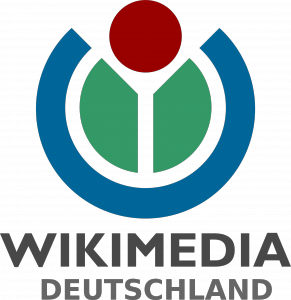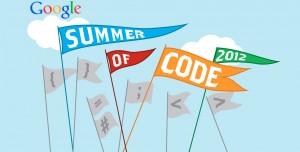KDE mentored a lot of students during Google Code-in and I asked some of them to write about their experience. This is the final part of the series.
Alexey writes:
KDE was my fourth open source community to work with in Google Code-In 2011 and I can say I really enjoyed my experience.
First of all I’d like to thank all the mentors assigned to KDE tasks for the quick claim requests responses, reviews and detailed feedback. Unfortunately, I can’t say the same about all the other communities I’ve participated in.
I completed 3 translations tasks and my translation included compiling and installing some KDE packages, working with translation system and working with graphical editors to translate some screenshots and edit some pictures.
As soon as I claimed one of the tasks I was able to start my work, because the task information was always full enough.
Of course sometimes I had some questions (for example, I had no clue why I could not install one of the necessary packages), but I always got professional feedback in a short time.
Also I have to record that almost every KDE project has a full and clear documentation.
Of course, the documentation is not always translated to native languages for users, but it didn’t bring any difficulties to me.
And I hope that such contests like GCI will bring more and more developers into your community and there won’t be any problems with it at all.
Evidently, it was a great pleasure to work with KDE. Thank you very much! To be honest, I would like to take part in KDE community, so I’m trying to choose the project I would be interested in most.
I would also like to thank Google for creating such useful projects for open-source world like Google Code-In!
Good luck, KDE!
Edwin writes:
In the beginning, when Google Code-In took place for the first time, I’ve found some information about it on Russian website dedicated to GNU/Linux (its address is not secret: linux.org.ru). I thought it’s a great opportunity to improve some skills, for example, programming or language knowledge.
To be honest: yes, it also was a good possibility to earn some money 🙂
But there is another reason: open souce projects are usually maintained by developers, who contribute their skills and time to make software better. They may create patches for programs, which they use. It’s just their hobby. If you use the software which you have contributed to, you can show a feature and say proudly: “My work!”.
That’s why I decided to participate in the contest.
Although I don’t use the software, which I’ve contributed to during the contest (and probably nobody of my friends does), I have decided to do something. Most of the tasks I’ve done during the contest (both times) are Russian translations (I’m too lazy to work with any code :D). I’m from Estonia, but Russian is my native language.
Last year I’ve done three tasks. One of them was Russian translation of Parley. Friendly mentors and community helped me to work it out at some points. Many thanks to them :).
This year seven of my tasks were Russian translations. Four of them were translations for KDE programs: Kleopatra, KMid, Rocs and PhotoLayoutEditor KIPI plugin. It was hard to translate some words, just because I didn’t know the topic very well. Anyway, I’ve figured it out.
If you don’t like going out, it’s better to spend time improving software rather than just doing nothing. Good luck to KDE developers and Code-In participants! 🙂

